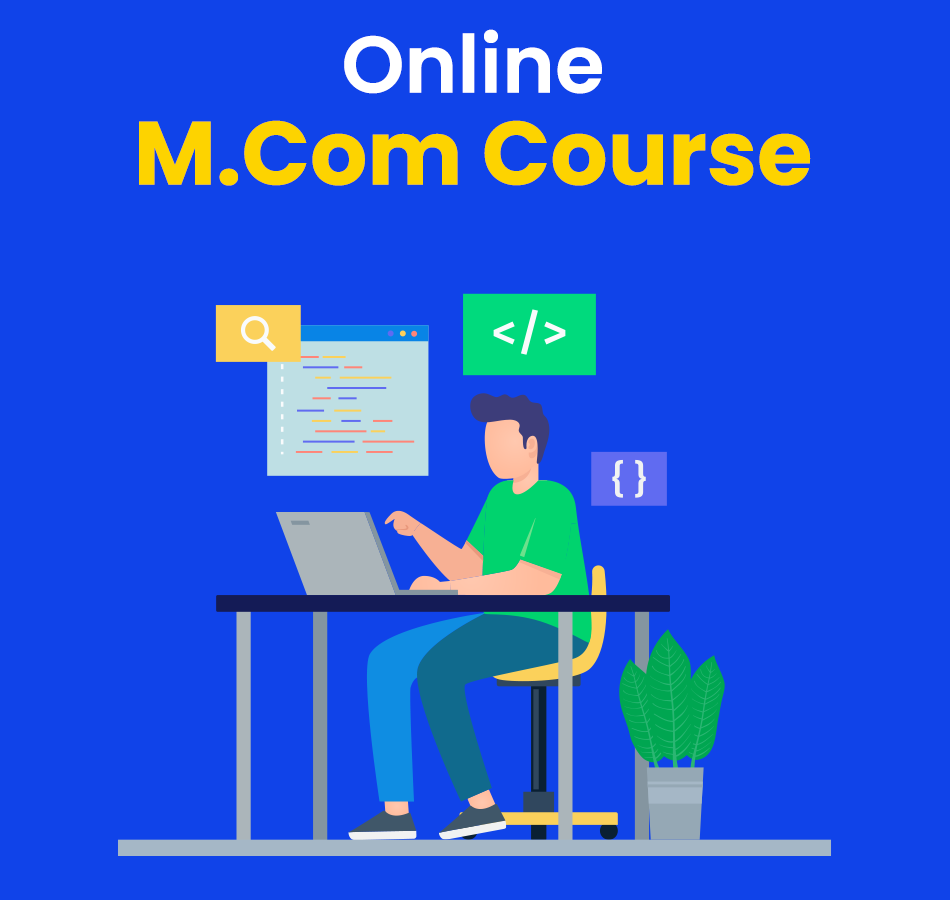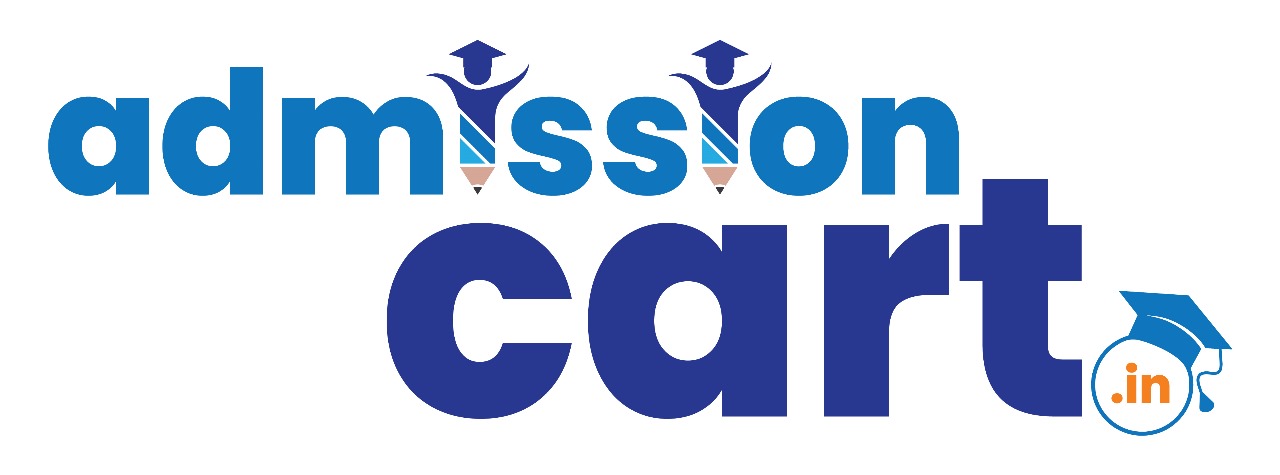Online MCom
Master of Commerce (M.Com) is a postgraduate degree program that focuses on advanced studies in commerce, accounting, finance, economics, management, and related fields.
Average fee: 25000
Duration: 2 Years
Eligibilty: Graduation or relevant degree from a recognized institution
Universities: 2

Overview of Online MCom
1. Overview of Online M.Com Programs
-
Master of Commerce (M.Com) is a postgraduate degree program that focuses on advanced studies in commerce, accounting, finance, economics, management, and related fields.
-
Online M.Com programs in India offer the same curriculum and degree as traditional on-campus programs but provide the flexibility of remote learning through virtual classrooms, online lectures, and interactive learning platforms.
2. Advantages of Online M.Com Programs
-
Flexibility: Study from anywhere and at your own pace, making it suitable for working professionals and individuals with personal commitments.
-
Accessibility: Access to quality education from reputed Indian universities without geographical constraints.
-
Cost-effectiveness: Potential savings on commuting, accommodation, and other associated costs compared to full-time on-campus programs.
3. Top Universities Offering Online M.Com Programs in India
Here are some prominent universities in India offering online M.Com programs:
-
Indira Gandhi National Open University (IGNOU): Known for its extensive reach and flexible distance education programs, IGNOU offers an online M.Com program.
-
Sikkim Manipal University (SMU): Provides an online M.Com program focusing on advanced accounting, financial management, and business economics.
-
Amity University Online: Offers an online M.Com program with specializations in areas like Accounting and Finance, International Business, and Entrepreneurship.
-
University of Mumbai (IDOL): The Institute of Distance and Open Learning offers online M.Com programs, providing flexibility and accessibility to students across India.
4. Admission Criteria and Process
-
Eligibility: Typically requires a bachelor’s degree in Commerce or a related field from a recognized university. Some programs may accept candidates with a general bachelor’s degree based on academic performance and relevant work experience.
-
Entrance Exams: Some universities may conduct entrance exams specific to the M.Com program or the university itself. Alternatively, admission may be based on merit in the qualifying examination.
-
Application Process: Involves filling out an online application form, submitting academic transcripts, and possibly letters of recommendation or a statement of purpose (SOP).
5. Curriculum and Course Structure
-
Core Courses: Cover fundamental and advanced topics such as Financial Accounting, Managerial Economics, Corporate Finance, Business Law, Taxation, Auditing, and Strategic Management.
-
Specializations: Offered in areas such as Accounting and Finance, Taxation, Banking and Insurance, International Business, and Marketing, depending on the program and university.
6. Learning Experience and Resources
-
Online Platforms: Utilize learning management systems (LMS) for virtual lectures, assignments, group projects, and discussions.
-
Interactive Tools: Access to virtual libraries, e-resources, case studies, webinars, and simulations to enhance learning and practical application of commerce concepts.
-
Support Services: Receive academic support, career counseling, and technical assistance remotely. Many universities also offer networking opportunities with faculty and alumni.
7. Career Opportunities
-
Job Roles: Graduates can pursue careers as Accountants, Financial Analysts, Tax Consultants, Auditors, Banking Professionals, Investment Analysts, and Business Consultants in corporate firms, financial institutions, government agencies, and consulting firms.
-
Industry Demand: Strong demand for professionals with advanced knowledge in commerce and finance, driven by regulatory changes, globalization, and economic growth.
8. Accreditation and Quality Assurance
-
Accreditation: Ensure that the online M.Com program is recognized and accredited by regulatory bodies like UGC, AICTE, or specific accreditation agencies to ensure the quality and recognition of the degree.
-
Program Reputation: Consider university rankings, alumni feedback, faculty expertise, and industry partnerships to assess the program's credibility and relevance in the field of commerce.
9. Costs and Financial Aid
-
Tuition Fees: Vary by institution and program structure. Evaluate overall program costs including tuition fees, examination fees, study materials, and any additional charges.
-
Financial Aid: Some universities offer scholarships, grants, or flexible payment options to support students in financing their education. Check with the institution for available financial aid opportunities and eligibility criteria.
10. Tips for Success in Online Learning
-
Time Management: Create a study schedule, set goals, and adhere to deadlines for assignments, exams, and projects.
-
Engagement: Actively participate in online discussions, collaborate with peers, and utilize networking opportunities provided by the program.
-
Self-discipline: Stay motivated, maintain focus, and utilize available resources effectively to maximize learning outcomes and professional growth.
